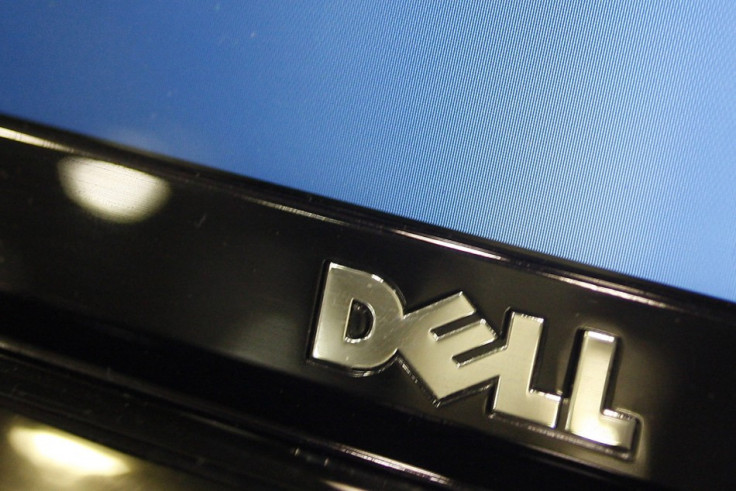Dell Stake Holder Southeastern Opposes Michael Dell's Bid
Southeastern holds 8.5 percent stakes in Dell

Michael Dell's plans to buy back the firm he founded have hit a major hurdle after the firm's largest independent stake-holder pledged to oppose the deal.
Southeastern Asset Management, which holds 8.5 percent share in the company claimed that Dell's proposal of $24.4bn (£15.5bn) "grossly undervalues the company".
In a letter addressed to Dell's directors' board, Southeastern expressed disappointment with the proposed deal and warned of voting against it. Analysts had earlier warned that the offer of $13.65 a share from Dell and Silver Lake Partners may be perceived too less by stake holders.
Southeastern said that the company's shares are worth $23.72, $10 more than the current offer, adding that it may consider proxy fight and litigation to contest the current plan. This could put Dell and his team under further pressure to come up with a better proposal.
"We will not vote in favour of the proposed transaction as currently structured. We retain and intend to avail ourselves of all options at our disposal to oppose the proposed transaction," the letter to the board read.
Many stake owners had bought into Dell at higher prices, before the firm's share value dwindled. Analysts suggest that Southeastern could have paid as much as $20 per shares on an average, which would mean a sharp loss of over $800m if the current deal goes ahead.
However, Dell's bid values the stocks at a price that has not been reached in months.
In a statement, the company said that the board had considered various options with help from advisors before taking the decision.
"Based on that work, the board concluded that the proposed all-cash transaction is in the best interests of stockholders," said David Frink, a company spokesman.
"The transaction offers an attractive and immediate premium for stockholders and shifts the risks facing the business to the buyer group."
Dell, who launched the firm while he was at the university, currently holds 14 percent stake. The Nasdaq-listed company has had a difficult run in the recent times, mainly due to competition from cheaper Asian rivals and mobile computing boom. He now plans to buy out the rest of the stake holders to take the company private, moving it away from Wall Street pressures.
Under the deal terms, majority of share-owners other than Dell should agree to the buyout. It is not clear how many other stake owners remain opposed to the current deal.
© Copyright IBTimes 2025. All rights reserved.





















